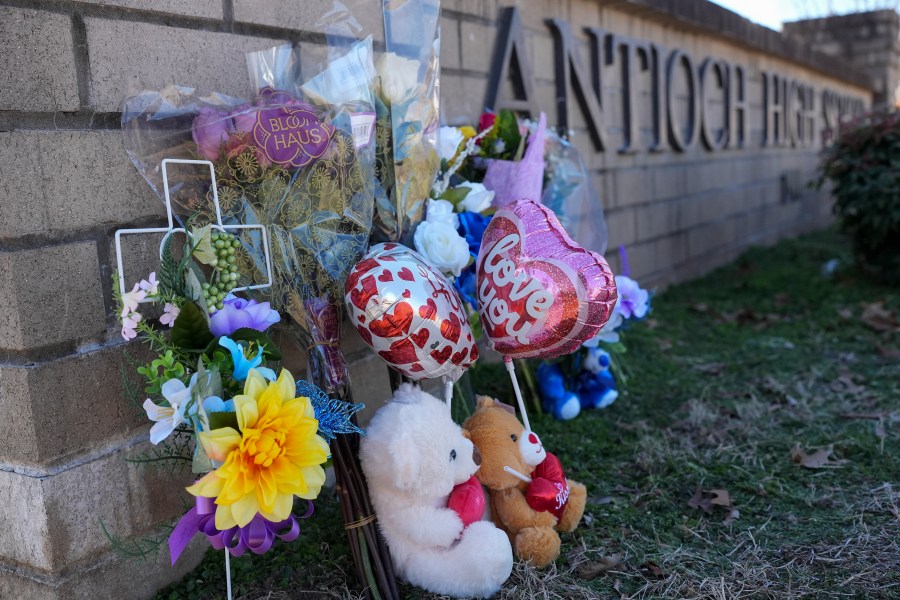NASHVILLE, Tenn. (WKRN) — A Tennessee bill filed by two Democratic lawmakers would give students who survive a school shooting or other act of mass violence the option to learn and heal from home temporarily.
The bill, named the “Student Comfort through Alternative Restorative Environments (CARE) Act” by its sponsors, Sen. Sara Kyle (D-Memphis) and Rep. Justin Jones (D-Nashville), would require public school districts to provide a virtual learning option to students for at least 31 days after an “act of mass violence” at a school.
It comes on the heels of the deadly Antioch High School shooting last month where students returned to the building less than one week after the tragedy.
📧 Have breaking news come to you: Subscribe to News 2 email alerts →
“It is very traumatizing to go back to where it all started,” Kellan Tabor, a sophomore at Antioch High School said. “They have [the cafeteria] all closed off. You can’t go near the area. They’re still investigating around there.”
Some Antioch High parents told News 2 they planned to keep their children home after the building reopened.
“My daughter is not going to school tomorrow, and I don’t think a lot of them are,” Jennifer Hernandez, an Antioch High parent said. “It’s still too early. Even the ones who are close to graduating, I think they should give them the opportunity to either do virtual or give them their credits and allow them to stay at home with their families during this time.”
Dr. Aaron Brinen, a psychologist and assistant professor of psychiatry and behavioral sciences at Vanderbilt University Medical Center, told News 2 deciding when to return to the location of a traumatic event and resume a routine is a delicate balance.
“You don’t want to start engaging in a lot of avoidance, but you also don’t want to force yourself into it,” Dr. Brinen said. “Individuals who engage in a high amount of avoidance after a traumatic event are more likely to develop PTSD because they’re starting to engage in that pattern that is a part of PTSD, that avoidance of the memory and the avoidance of the things in their life that remind them of the memory.”
He added those who appear to struggle shortly after a traumatic event may be less likely to experience any long-term challenges associated with the event.
“Individuals who have a lot of intrusive memories, who are highly emotional, who are really upset after a traumatic event, those individuals are more likely to do better over the long course because they’re slowly exposing themselves to those things and habituating, meaning getting used to, those things in the short run.”
When News 2 asked Dr. Brinen his thoughts on giving students a temporary virtual learning option after a tragedy like a school shooting, he said he was split.
“I like the idea of a young person being able to continue to learn, and in the short run, I think if we facilitate a lot of avoidance, I think we could set it up to make it really easy for a young person to foster unhelpful avoidance that could lead to PTSD,” Dr. Brinen said.
If the General Assembly chooses to pass this bill, Dr. Brinen said the state could conduct a study and collect data on students who returned to school when it opened, versus those who chose to learn virtually to determine the ideal amount of time districts should provide the virtual learning option.
News 2 reached out to both the Senate and House sponsors for an interview, but neither were available. It’s unclear whether the state or school district would have to pay for the virtual learning option.
If the bill passed, it would go into effect during the 2025-2026 school year.




